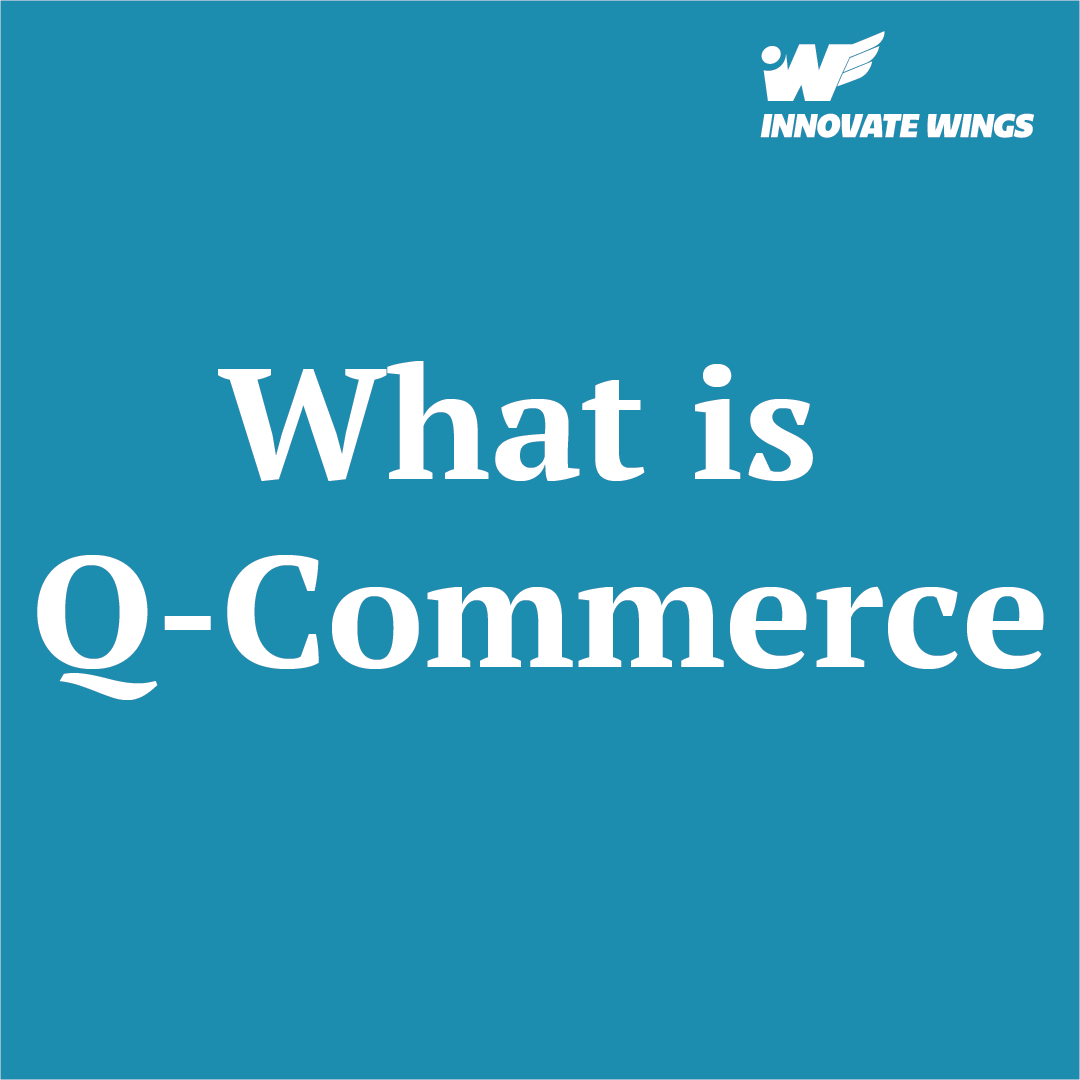

In the fast-evolving world of e-commerce, a new subcategory has emerged that focuses on speed and convenience: Quick Commerce, often referred to as Q-commerce. Q-commerce is a hyper-local delivery model that promises to deliver goods, especially groceries and daily essentials, within a remarkably short period—ranging from 10 to 30 minutes. This service is a step up from traditional e-commerce, emphasizing speed without compromising on various offerings.
The Evolution of Q-Commerce
The roots of Q-commerce lie in the growing consumer demand for immediate gratification. With urbanization, hectic lifestyles, and increased internet penetration, consumers are now looking for faster solutions to their daily needs. Unlike traditional e-commerce platforms, which may take a day or more to deliver, Q-commerce focuses on ultra-fast delivery by leveraging small warehouses or “dark stores” strategically located in densely populated areas. These dark stores hold a limited but high-demand inventory, ensuring faster dispatch and delivery.
How Q-Commerce Operates
Q-commerce relies on three primary pillars:
1) Dark Stores: These are small, localized warehouses that house a curated selection of high-demand products. Being closer to residential areas reduces delivery times.
2) Technology: Advanced algorithms optimize inventory management, order picking, and route planning, enabling efficient and timely deliveries.
3) Delivery Fleet: A robust network of delivery personnel, often aided by GPS-enabled systems, ensures that orders reach customers quickly.
Indian Q-Commerce Brands Leading the Way
With its vast and diverse market, India has seen the rapid adoption of Q-commerce. Several brands have stepped up to the challenge, making ultra-fast delivery a reality. Here are some of the prominent players:
1.) Blinkit (Formerly Grofers)
USP: Blinkit promises delivery within 10 minutes.
Approach: By setting up dark stores in key urban areas, Blinkit ensures that essentials are just a few minutes away. The brand also leverages data analytics to predict demand and stock the right products.
2.) Zepto
USP: Another pioneer in the 10-minute delivery space.
Innovations: Founded by two young entrepreneurs, Zepto focuses on densely populated urban areas, optimizing its delivery network for maximum efficiency.
3.) Swiggy Instamart
USP: Backed by the food delivery giant Swiggy, Instamart aims to deliver groceries in 15-30 minutes.
Strength: Swiggy leverages its existing logistics and technology infrastructure, enabling seamless integration and rapid expansion.
4.) Flipkart minute
USP: Known for its “Get groceries in minutes” tagline, Flipkart caters to a broader range of needs, including groceries, medicines, and even parcel deliveries.
Adoption: Flipkart’s versatility and presence in multiple major cities make it a strong contender in the Q-commerce space.
5.) BigBasket’s ( BB daily )
USP: As a subsidiary of Tata Group, BB Now focuses on 30-minute grocery delivery.
Strategy: BigBasket leverages its established supply chain while introducing faster delivery options to compete with emerging Q-commerce players.
Challenges in Q-Commerce
While Q-commerce has grown rapidly, it is not without its challenges:
1) High Operational Costs: Maintaining dark stores, ensuring real-time inventory updates, and compensating delivery personnel can be expensive.
2) Traffic and Urban Infrastructure: In cities like Mumbai, Bengaluru, and Delhi, congested roads can delay deliveries, making the 10-minute promise difficult to keep.
3) Environmental Concerns: The push for faster deliveries often involves more vehicles on the road, increasing carbon emissions.
4) Profitability: Balancing ultra-fast delivery with competitive pricing remains a challenge for many Q-commerce companies.
The Future of Q-Commerce in India
As consumer expectations continue to evolve, Q-commerce is set to become an integral part of urban living in India. Companies are likely to adopt technologies like AI-driven demand forecasting, electric vehicles for eco-friendly deliveries, and partnerships with local suppliers to enhance efficiency.
Moreover, the market is expected to witness increased competition and consolidation as major players vie for dominance. With the likes of Reliance and Tata entering the space, the future of Q-commerce in India looks promising and dynamic.
What does it mean?
Q-commerce represents the next frontier in retail, bridging the gap between online shopping and the instant gratification of traditional brick-and-mortar stores. With Indian brands like Blinkit, Zepto, and Swiggy Instamart leading the charge, this innovative model is reshaping how consumers interact with daily essentials. While challenges persist, the opportunities for growth and innovation in this sector are immense.